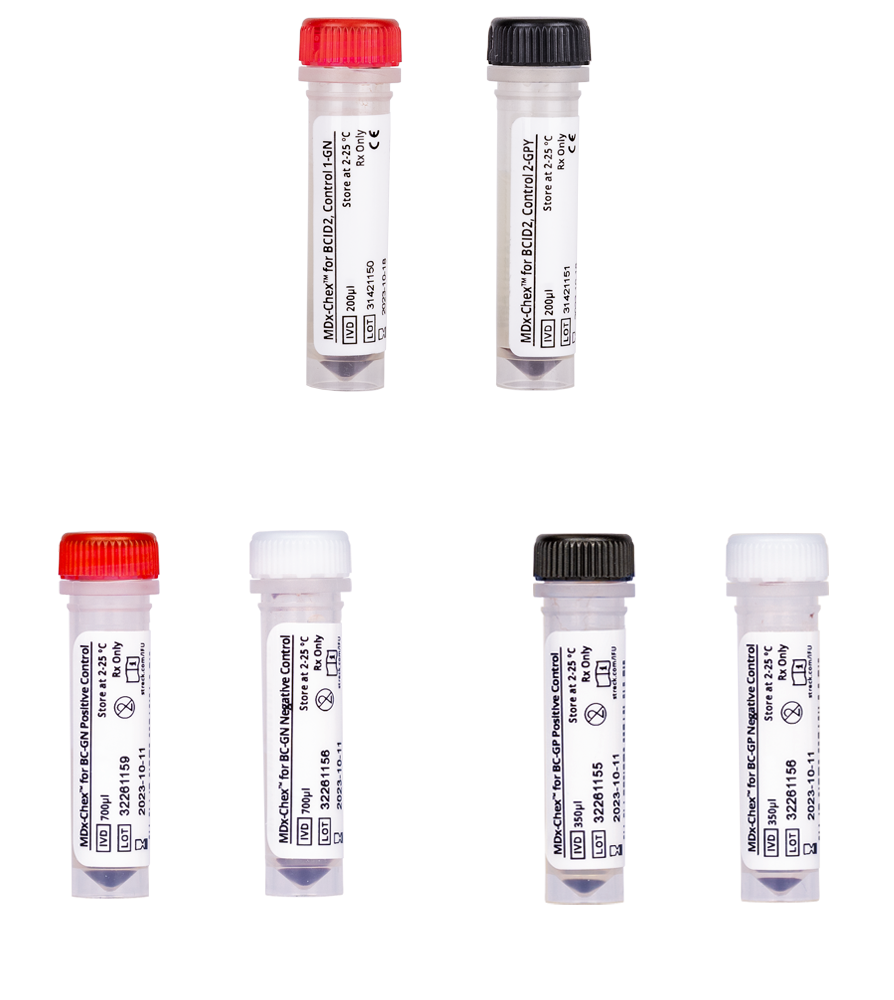Lab Horror Stories: The Tale of the Phantom Fluorescence
Topics Featured

Boo! Welcome to our newest series, Lab Horror Stories! Based on true events, these eerie anecdotes showcase the haunting experiences labs can face in their pursuit of reliable results. Grab your cauldron of coffee and settle in for our first tale.
In a haunted lab in middle America, a savvy technologist noticed that the usual quality controls weren’t hitting their marks. Imagine the horror! For two repeated runs, the tests refused to reveal several critical targets. Just a month prior, everything was smooth as a witch’s broomstick. What on earth — or beyond — was happening?

Perplexed, our brave hero reached out to our expert Technical Services team. After some bone-chilling analysis, it was revealed that while the melt curves looked normal, the fluorescence data was positively paranormal.

The technologist summoned the instrument manufacturer, who swiftly identified the ghoul in the machine — a malfunctioning module was casting false-negative spells on the results. With evidence in hand, the manufacturers conjured a replacement module, banishing the error back to the shadows from whence it came.

This ghastly ordeal serves as a reminder — relying solely on internal controls is as risky as wandering through a graveyard on Halloween night. To keep your lab from falling into the abyss, ensure you have robust external controls in place. They are your shield against the unknown, ensuring your results are as reliable as a full moon on All Hallows’ Eve.

And remember, dear colleagues, in the world of diagnostics, not everything is as it seems. Equip your lab with the right charms and knowledge to banish errors and keep the path clear for accurate results.


Flow Cytometry: A powerful tool for clinicians


